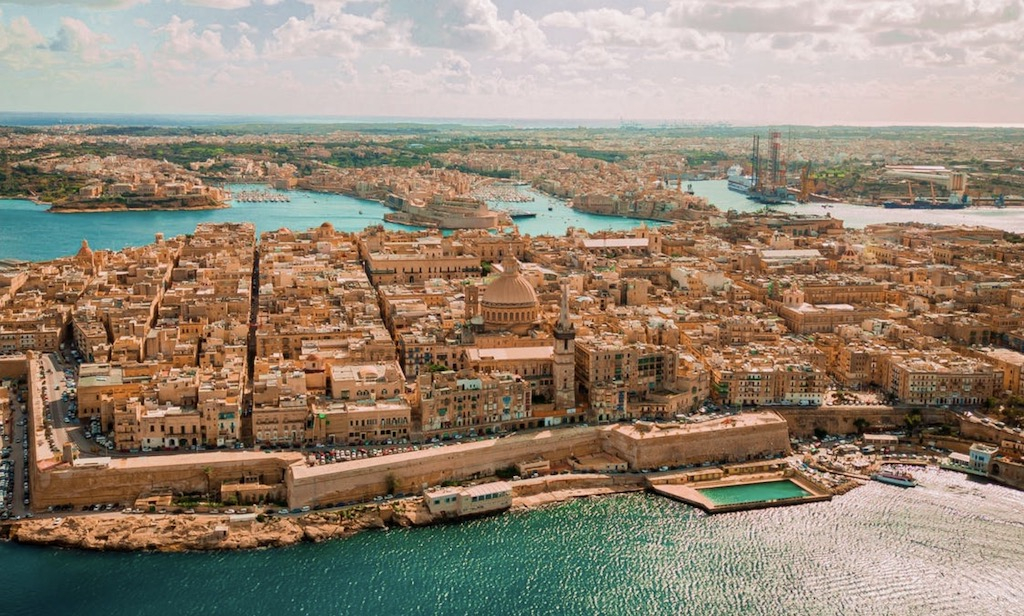Working in Malta after Brexit

The split of Britain from the rest of the European Union has caused a lack of clarity for their citizens with regard to a number of topics. One consideration that has hit hard is the ability to find full time jobs in Malta and other countries within the European Union.
It seems that the idea of taking up a job offer in another country is characterised by an atmosphere of fear and the same attitude filters through when choosing to accept a job in Malta. Despite there being a cloud of uncertainty, there are some things about Brexit – should it go ahead – that may affect expats in Malta positively.
If you’ve done any research on UK citizens living in Malta then you’ll know that about 10,000 British citizens already call Malta home. The question is: what happens to them? What happens if you choose to start a life in Malta? How difficult is renting a property in Malta today? Read on to find out.
Citizens already living in Malta
You might wonder what United Kingdom rights you will have when you choose to call Malta home. The rights you will have as an ex-pat in Malta depend on what Malta negotiates with the British government.
Since the two countries have always had such a long-standing relationship, there will be a considerably fair decision undertaken with regards to the rights of ex-pats residing on the island.
The Maltese prime minister, Joseph Muscat, has been a key figure in promoting a long-standing friendship between Malta and the UK, which is underscored by the generous ten-year-long residency permit.
Surely, the way forward will be as friendly an arrangement provided that the British citizens in Malta have adhered to certain regulations and policies.
It’s also worth noting that living in Malta means that you have registered successfully with Identity Malta. Being registered will ensure that irrespective of the outcome of Brexit related decisions, the UK citizens in Malta will be able to adapt easily to whatever the law decides.
Citizens wishing to live in Malta
For UK citizens who have not yet moved to Malta but are looking to call Malta home, the decision to move should be made quickly. The government is still in the process of speculating what pension programs and tax programs will still benefit British citizens who have moved to Malta and so it’s best to move before the deliberations have been made.
Citizens who moved before Brexit laws were put in place will be considered first when it comes to deciding if these rights are still applicable to them, in comparison to citizens who have moved post Brexit. A move to Malta might become even more complicated once deliberations have been made.
Health care privileges still exist
The agreement which offered free healthcare to British citizens living in Malta and vice versa still remains. The rule of free healthcare was developed back in 1975 and is renewed every year. Despite Brexit, the free healthcare policy is still applicable. This again proves that British citizens living in Malta are often well taken care of. The onus rests upon the British residents in Malta to ensure their individual health policies are updated.
Driving in Malta
As per Brexit, it is now recommended that British citizens will have to change their driving license to a Maltese license. There is however, an entire year left to make these changes. This is another aspect to consider when moving to Malta.
Traveling back and forth
It is predicted that traveling back and forth from Malta to Britain will remain quite easy. The only exception is for British citizens who are no longer part of the European Union as they will have to ensure their passports have over a six-month period before expiration. Ensuring one’s passport is far from expiring will easily settle this setback when moving from country to country.
Benefits
With regards to tax residency programs, UK citizens can expect the same treatment as other non-EU nationals. However, the two countries are still in discussion as to other EU programmes that might now be available to UK citizens.
Working in Malta
In the case of a deal Brexit, UK expats currently residing in Malta will continue to benefit from full working rights. In the case of a no-deal Brexit, UK expats can only continue working in Malta if they already have the latest non-EU residency document. But, it might be a bit more difficult to offer a service, find work in a highly-regulated industry, or open a business.
While the future of British citizens in other countries remains largely unknown with regards to work permits, the relationship between Malta and the U.K. means that expats will enjoy a smoother transition overall with very little change in the quality of life or their ability to acquire work.
The editorial unit























Facebook
Twitter
Instagram
YouTube
RSS